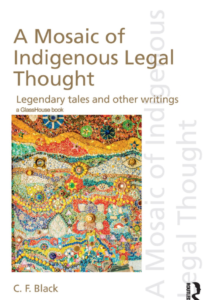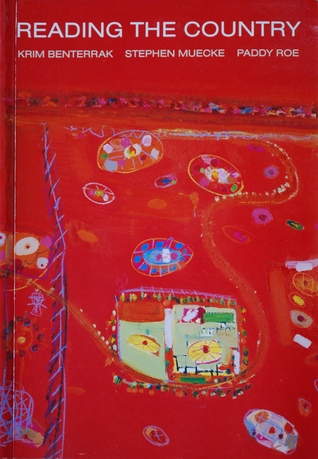 GOLDSTEIN, Ilana Seltzer. “Visible art, invisible artists? The incorporation of Aboriginal objects and knowledge in Australian museums in in: Vibrant – Virtual Brazilian Anthropology (link).
GOLDSTEIN, Ilana Seltzer. “Visible art, invisible artists? The incorporation of Aboriginal objects and knowledge in Australian museums in in: Vibrant – Virtual Brazilian Anthropology (link).
Abstract: The creative power and the economic valorization of Indigenous Australian arts tend to surprise outsiders who come into contact with it. Since the 1970s Australia has seen the development of a system connecting artist cooperatives, support policies and commercial galleries. This article focuses on one particular aspect of this system: the gradual incorporation of Aboriginal objects and knowledge by the country’s museums. Based on the available bibliography and my own fieldwork in 2010, I present some concrete examples and discuss the paradox of the omnipresence of Aboriginal art in Australian public space. After all this is a country that as late as the nineteenth century allowed any Aborigine close to a white residence to be shot, and which until the 1970s removed Indigenous children from their families for them to be raised by nuns or adopted by white people. Even today the same public enchanted by the indigenous paintings held in the art galleries of Sydney or Melbourne has little actual contact with people of Indigenous descent.

 GOLDSTEIN, Ilana Seltzer. “Visible art, invisible artists? The incorporation of Aboriginal objects and knowledge in Australian museums in in: Vibrant – Virtual Brazilian Anthropology (
GOLDSTEIN, Ilana Seltzer. “Visible art, invisible artists? The incorporation of Aboriginal objects and knowledge in Australian museums in in: Vibrant – Virtual Brazilian Anthropology (